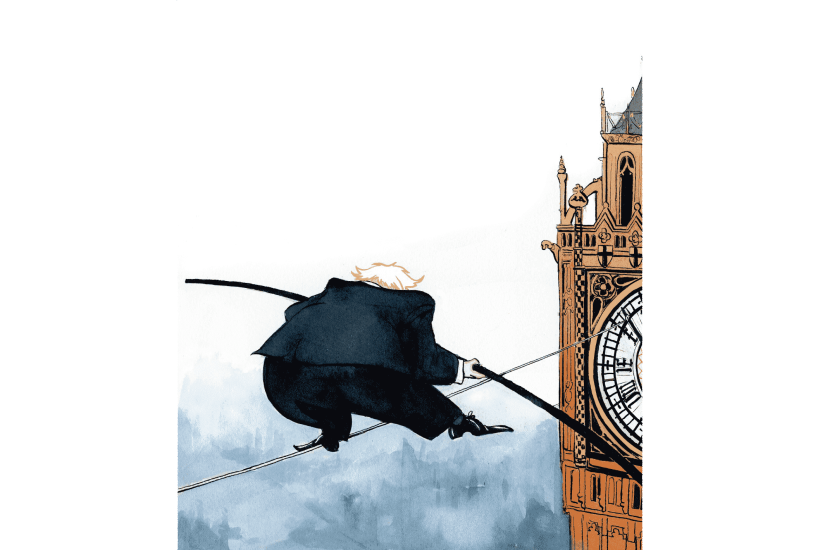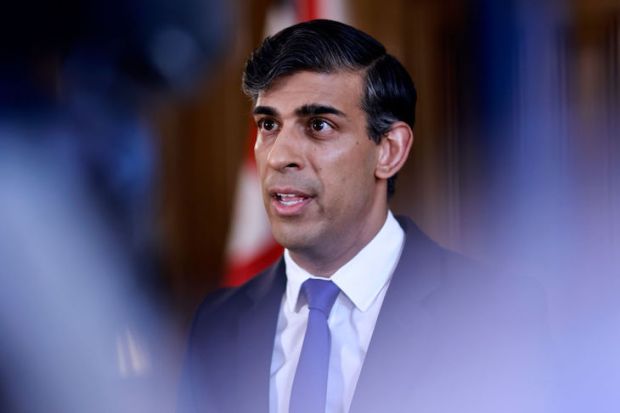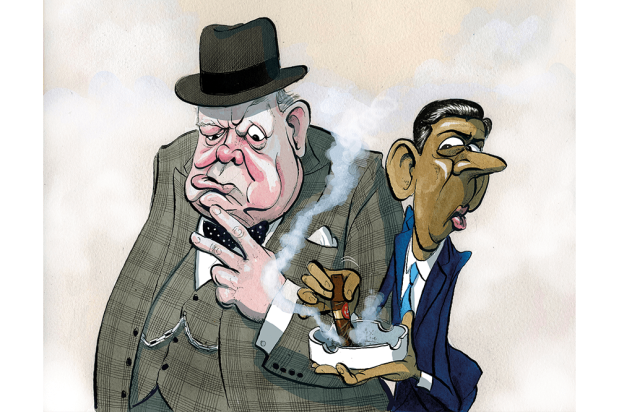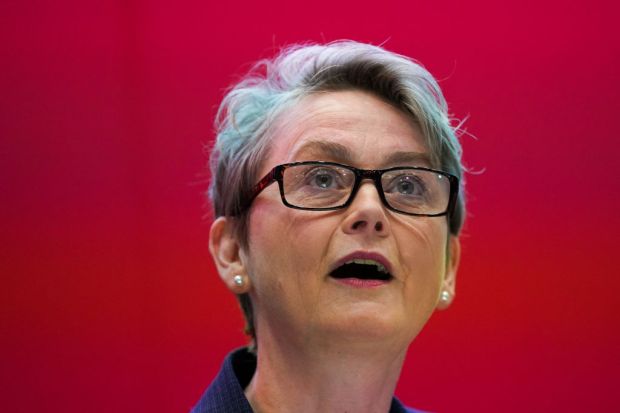If only they had waited until today. Had Tory MPs cleared the threshold for a confidence vote in Boris Johnson this morning – amid the smouldering embers of two blazing by-election defeats – rather than earlier in the month, then he would surely be toast.
As it is, all that the Prime Minister’s many critics in the Conservative parliamentary party can do is seethe and wait a while for another opportunity to topple him.
As someone determined to continue in office, Johnson is able to do so unchallenged until 6 June, 2023, absent of an emergency change in 1922 Committee rules. Some Tory MPs will now push for such a change. Indeed 1922 Executive member Sir Geoffrey Clifton-Brown has already gone public with the suggestion that there will be an imminent discussion about the case for it.
A wiser course would be to leave the current rule in place but start engaging in some prudent succession planning. Because next June has long seemed about the optimum time for the Tories to decide who should lead them into the next general election.
To make a change now via a second ruthless putsch against Johnson just weeks after he survived an initial one, would surely create a lasting legacy of bitterness in Tory ranks. It would also parachute a successor almost unknown to the public into an extremely grim political context full of problems that appear intractable in the short-term, including a major land war in Europe and an acute cost-of-living crisis.
Such a move would risk tarnishing that person well before a general election expected at some point in 2024. Indeed, there is no guarantee that making a change when no outstanding or heavyweight alternative to Johnson can be identified would do anything other than tip the Conservatives deeper into an inescapable downward spiral.
Those Conservative MPs motivated mainly by a desire to keep their own seats but with a secondary wish to punish Johnson for his lockdown excesses would be well advised to do something even crueller than deposing him now: keeping him on for a year to soak up all the bad news.
The likelihood is that by the end of next spring he will be more unpopular than he is now, primarily as a result of plunging living standards rather than his penchant for a party or inconsistent relationship with the truth. Yet the economic outlook could by then be on the verge of improving as inflationary pressures start to ease. That would be the most opportune moment to make a change, giving a successor a decent chance of proving a hit with the public.
Given that every new prime minister in recent times has enjoyed an initial honeymoon period – even wooden public performers such as Gordon Brown and Theresa May – the Conservatives could then have two possible plays to retain power. The first would be a snap election in autumn 2023 if the polls looked favourable. The second, an on-schedule poll in the spring or autumn of 2024 following a period of sound and stable governing. That’s the logical analysis anyway.
Yet in politics logic does not always carry the day. The biggest initial consequence of the loss of Wakefield in the face of an underwhelming swing to Labour and of Tiverton and Honiton in the face of a spectacular one to the Lib Dems is the resignation today of Oliver Dowden as Tory chairman.
His resignation letter is notable for its lack of any statement of continued confidence in the Prime Minister, as well as being laced with menacing observations such as: ‘Our supporters are distressed and disappointed by recent events’, ‘We cannot carry on with business as usual’ and “Somebody must take responsibility’.
This is the first Cabinet resignation prompted directly by the impact Johnson’s personal reputational woes are having on Tory fortunes (that of Lord Frost being provoked by concerns over the direction of policy).
If other Cabinet ministers have reached the conclusion that not only is Johnson now electoral kryptonite, but that he is incapable of governing sensibly from day to day as well, then all bets are off about how long he might last.
One thing seems certain: the Tory conference at the start of October will be turned into a beauty pageant for the politically ugly. Liz Truss, the Foreign Secretary who struggles to convey authority; Priti Patel, the Home Secretary who cannot send a single irregular migrant to Rwanda; Rishi Sunak, the Chancellor who has in effect already had to deliver three Budgets this year as he struggles to keep pace with economic events. Perhaps Nadhim Zahawi and Ben Wallace, who both have real achievements to their name – the former over Covid inoculations and the latter over Ukraine – will become the two bald men fighting over Johnson’s unused comb.
But having moved against Johnson too early once already, his internal opponents making the same mistake again is the biggest risk to Tory prospects now. A year down the line his electoral viability, or lack of it, will be a settled matter. And a potential saviour may also have emerged.
Got something to add? Join the discussion and comment below.
Get 10 issues for just $10
Subscribe to The Spectator Australia today for the next 10 magazine issues, plus full online access, for just $10.




















Comments
Don't miss out
Join the conversation with other Spectator Australia readers. Subscribe to leave a comment.
SUBSCRIBEAlready a subscriber? Log in